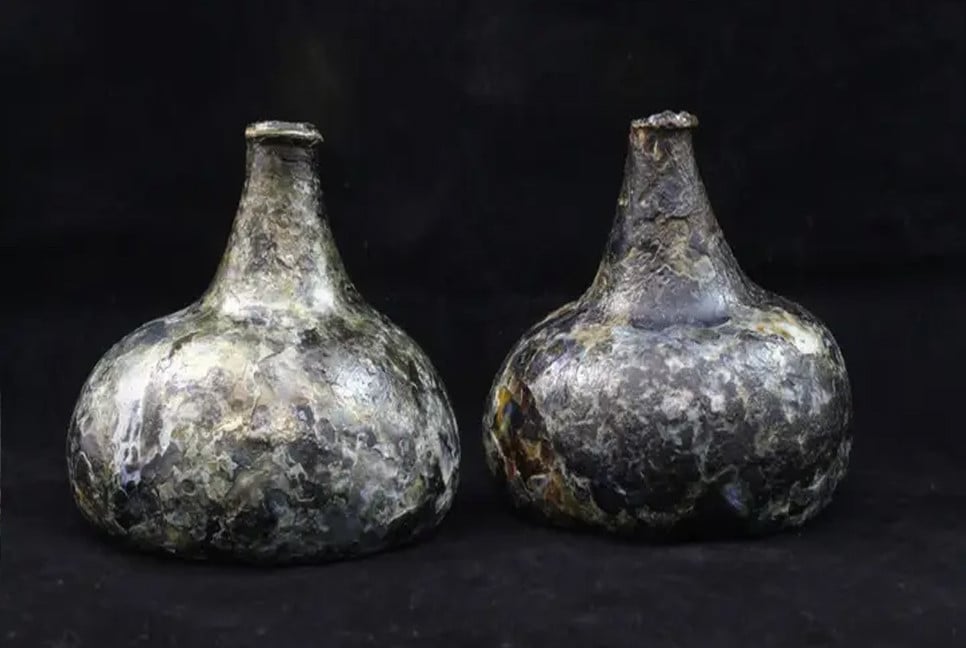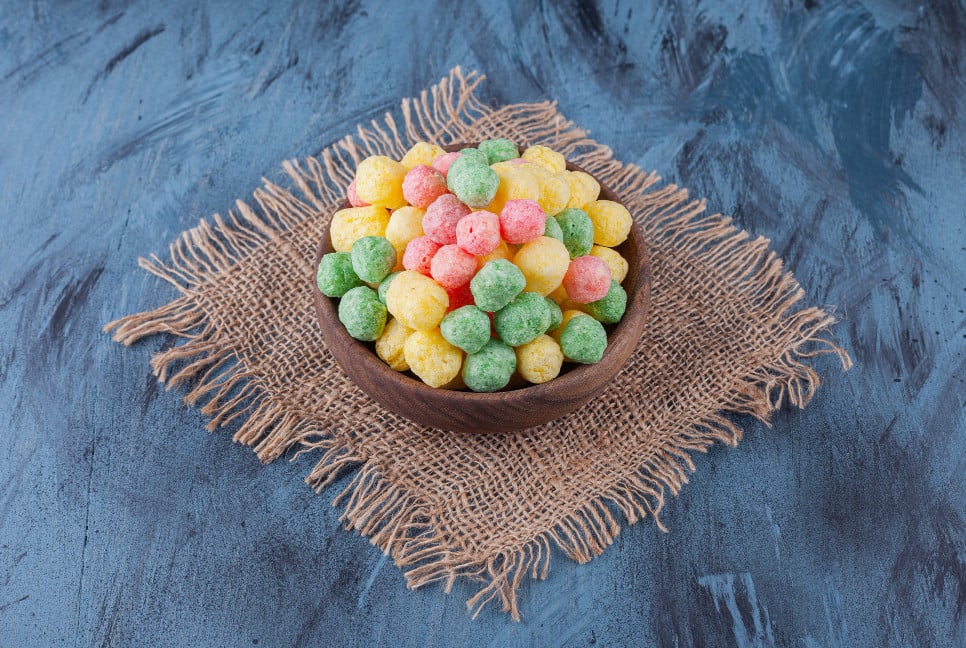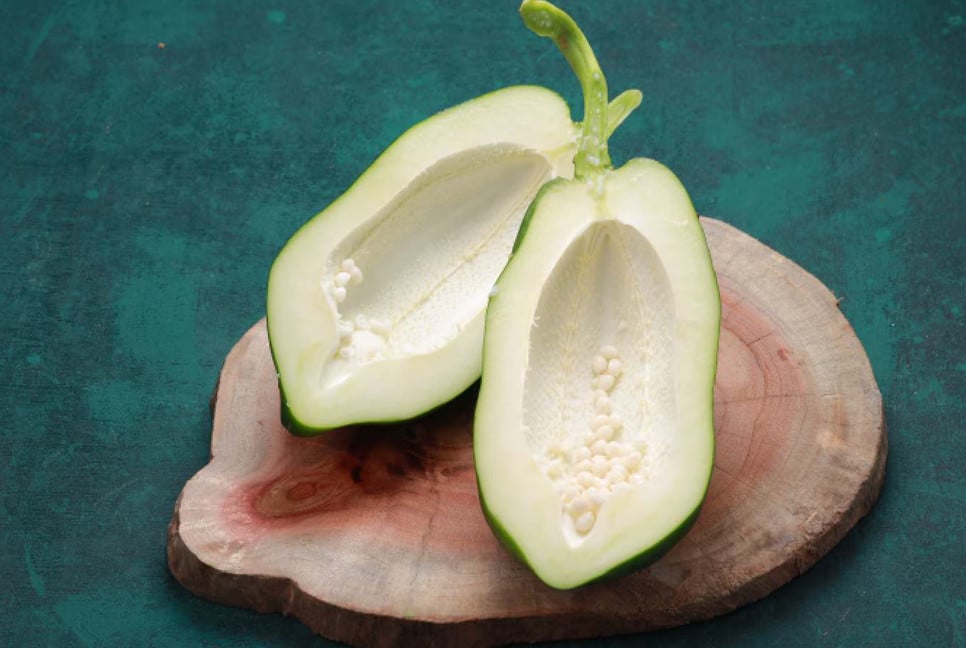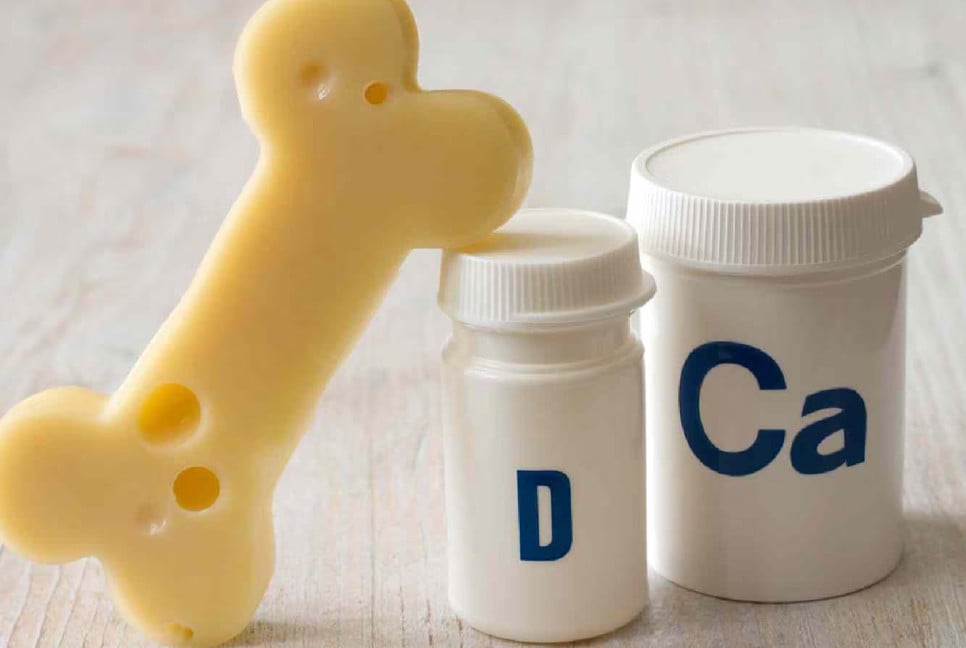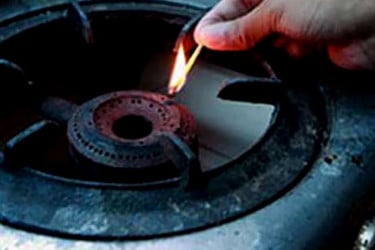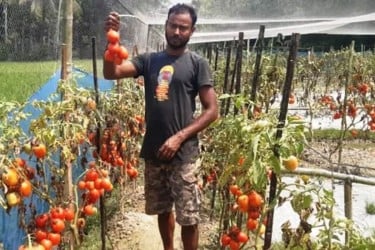Florida officials recently unveiled the exciting discovery of two 18th-century "onion glasses" found in waters off the state's coast. The Florida Division of Historical Resources announced the significant find on October 8, sharing details about the bottles' recent restoration through a social media statement.
In a Facebook post, the division showcased both the barnacle-covered bottles and their newly restored condition, crediting "meticulously slow cleaning and drying" for their successful revival. "Peeling back the layers to these onions was surely a challenge!" the post noted, highlighting the delicate process that involved consolidating the bottles with Paraloid B-72, a resin commonly used in the conservation of glass and ceramics.
Mark Ard, the Director of External Affairs for the Florida Department of State, told Fox News Digital that the bottles were recovered from a shipwreck off Indian River County between 2021 and 2022. While the specific ship is still unknown, it was part of the notorious Spanish Plate Fleet that departed from Cuba bound for Spain in 1715. Many ships from this fleet were lost to a hurricane along Florida's east coast.
Ard described the bottles as a "rare" find, noting that they were empty when discovered and likely contained some type of alcoholic beverage. "These bottles are very fragile, and for them to survive the destruction of the ship and over 300 years underwater, subject to tidal forces, is incredible," he remarked.
The unique onion bottles were crafted in England using a free-blown technique with a pontile, resulting in variations in their size, shape, and weight. Ard mentioned that these bottles were handmade by skilled artisans and were used as cargo as well as by the crew and passengers on board the ships.
The significance of the Spanish treasure fleet in 18th-century maritime trade cannot be overstated. Ard explained that the flow of goods and raw materials from Central and South America, along with contributions from Asia, was essential to the economies of Spain and many European nations. Notably, the shipment included chocolate, which altered social habits that are still evident today. "The Spanish mixed sugar with cacao to create drinking chocolate, often served in specific porcelain vessels from China transported by the Plate Fleets," he noted.
The recovered bottles are now accessible for loan through the Artifact Loan Program. Ard stated that examples of onion bottles from the Division are currently showcased at History Miami, the Pensacola Museum of History, and the McLarty Treasure Museum in Sebastian, Indian River County.
Source: Fox News
Bd-pratidin English/Afia

